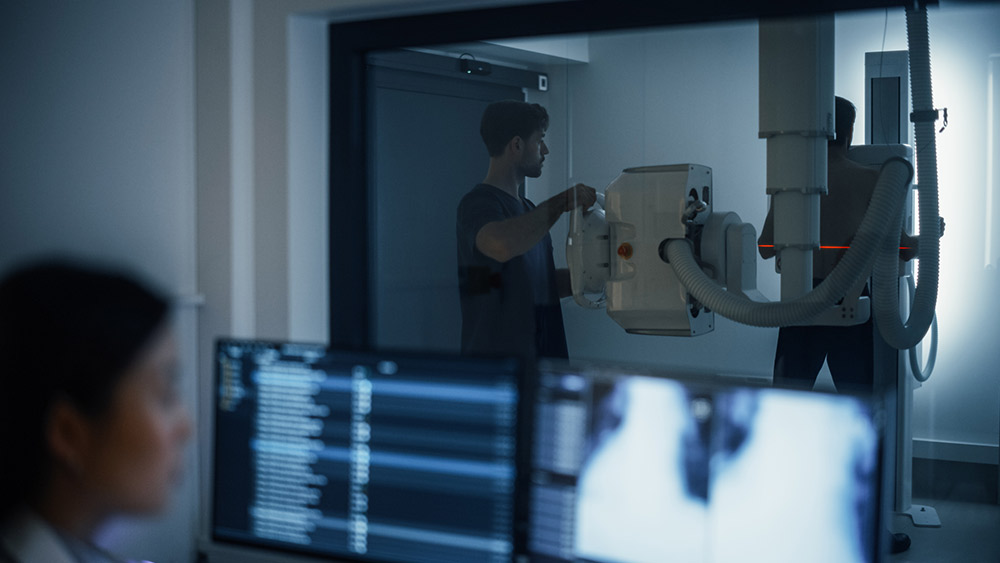
Texas A&M’s Department of Nuclear Engineering offers a minor in radiological health engineering to meet the growing demand for experts in this expanding field. As nuclear technologies evolve, well-trained professionals are needed across the entire nuclear industry—from mining and fuel processing to waste disposal.
Radiological health specialists also play key roles in government, hospitals, universities, and private industry. This program provides a broad foundation, preparing students to step into diverse roles across the nuclear sector with confidence and expertise.
What is radiological health?
Radiological health engineering focuses on the safe and effective use of radiation in both industrial and medical settings. The goal is to maximize the benefits of radiation technologies while minimizing risks to people and the environment—requiring a deep understanding of both radiation and its biological effects.
This specialization within nuclear engineering combines core principles of biology, chemistry, physics, mathematics, and engineering to provide a comprehensive education in radiation safety and technology.
Why study at Texas A&M?
Texas A&M offers the only ABET-accredited radiological health engineering program in the U.S. Graduates with a Bachelor of Science degree are eligible to pursue licensure as professional engineers after meeting their state’s Engineer-in-Training requirements.
Our undergraduate curriculum covers a wide range of health physics topics, including:
- dosimetry and dose assessment
- fundamental and applied radiation detection
- radiation health, risk and regulation
- environmental fate and transport
- engineering design and modeling of shields, ventilation and interlacks/access controls